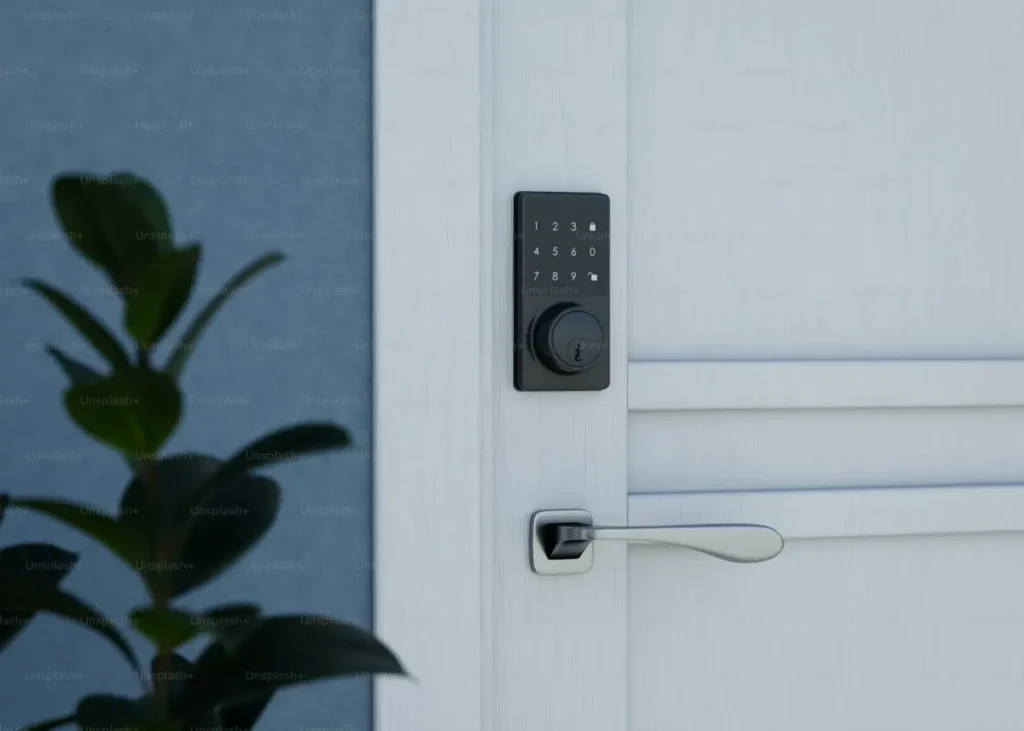Ever felt like you have too much on your plate and don’t know how to manage it?
Maybe you’re handling work, family, health, and all the small things in between, but still feel mentally tired or a bit lost.
You’re not alone. Many people face these small challenges every day. The good news is, therapy is not only for big problems. It can help with the daily stuff, too.
Let’s talk in simple words about how therapy fits into everyday life and how it can make things lighter without making you feel like something is wrong.
Therapy Is Not Just for Mental Health Issues
A lot of people still think therapy is only for those who are depressed or going through something serious. But that’s not true anymore. These days, people go to therapy to talk about work stress, family pressure, bad sleep, low energy, or even just feeling unmotivated.
Therapy is like having someone to talk to who listens without judging and gives small tools to help you deal with things better. It’s not about finding big answers, it’s about handling the small things more healthily.
Everyday Stress Can Add Up Over Time
You might not notice it, but small stresses every day can build up and affect your mood. It could be long meetings, traffic, handling kids, money planning, or just not having enough time for yourself. These things seem small, but after a while, they can leave you feeling tired and disconnected.
Therapy helps you become aware of these things. A therapist might ask simple questions that make you think about what’s making you tired or upset. This awareness itself can help you handle stress better.
Talking Helps More Than You Think
Sometimes, you just need to say something out loud to feel better. Talking helps you release what’s stuck in your head. A therapist is trained to ask the right follow-up questions so you can understand your thoughts clearly.
Even one or two sessions can bring a shift in how you think. You don’t have to explain everything perfectly. You just have to start talking and let the flow happen.
These days, it’s also easy to begin from home. If you don’t want to travel, you can even start online counselling by simply choosing a time that suits you and opening up in a comfortable space.
One of the easiest ways to do this is to explore online counselling options and chat online with someone who’s already trained to guide you through things step-by-step.
Therapy Gives You a Space Without Pressure
One of the best parts about therapy is that there’s no pressure to impress or hide anything.
You don’t need to behave in a certain way or be careful with your words. It’s a space where you can say what you feel without worrying about how it sounds.
This safe space can be powerful. It helps your brain relax, and when your brain is relaxed, it can think better and solve problems faster.
Helps You Understand Your Triggers
You might not always know what sets off your bad mood or anxiety. A small comment, a certain person, or even being in a certain place can cause discomfort without you realizing it.
Therapists help you identify these patterns. Once you know what triggers you, it becomes easier to handle the situation or avoid it in a better way. You stay more in control instead of reacting with stress or confusion.
You Learn to Set Simple Boundaries
Many people say yes when they want to say no. It might be at work, at home, or with friends. This habit can make you feel like you’re always doing things for others but never getting time for yourself.
Therapy teaches you how to say no politely and set boundaries without feeling guilty. These small changes bring a lot of peace to daily life.
Better Sleep, Focus, and Energy
When your mind feels lighter, your body responds too. After a few sessions, many people say they sleep better, feel more focused, and have more energy during the day. That’s because your mind isn’t constantly busy or distracted by thoughts you haven’t processed.
Therapy also gives you small tools to manage your time and thoughts better. For example, simple breathing exercises or ways to calm yourself when things feel too much.
Therapy Supports Relationships Too
Whether it’s your partner, your kids, or your parents, sometimes it’s hard to express yourself clearly. Misunderstandings happen, and small fights can turn into bigger ones if not handled well.
Therapists help you find better ways to talk, listen, and respond. They might suggest simple changes like timing your talks or using different words. These changes can reduce fights and increase understanding.
When you understand yourself better, it becomes easier to connect with others, too.
You Don’t Need a Problem to Start
This is something more people need to hear. You don’t have to be going through something painful to try therapy. Even if life feels okay, therapy can help you grow, feel clearer, and prepare better for what’s next.
You might learn new ways to organize your day or deal with new roles at work or in family life. Therapy can be like a routine checkup for your thoughts, just like you take care of your body with exercise and food.
It’s Easy to Fit Into Your Schedule
Earlier, people had to book appointments, travel, and wait for their slot. Now, it’s much simpler. You can book a session that fits your routine, whether it’s early morning before work or late evening after dinner.
Online sessions make it even easier. You don’t have to worry about traffic or getting ready. You just find a quiet space, connect, and begin. It saves time and gives comfort.
Therapy Is for Everyone
Young adults, working professionals, new parents, and older people, everyone can all benefit. Life throws different things at different stages. Therapy adjusts to your age and current situation.
It’s not about fixing you. It’s about helping you feel more confident and balanced as you go through daily life.
Final Thoughts
Therapy doesn’t need to be scary, serious, or something you put off until things go wrong. It can be a simple step you take to feel better, think clearly, and handle your everyday life more smartly. Whether it’s talking out your thoughts, managing stress, or learning to say no, therapy supports you where you are.






